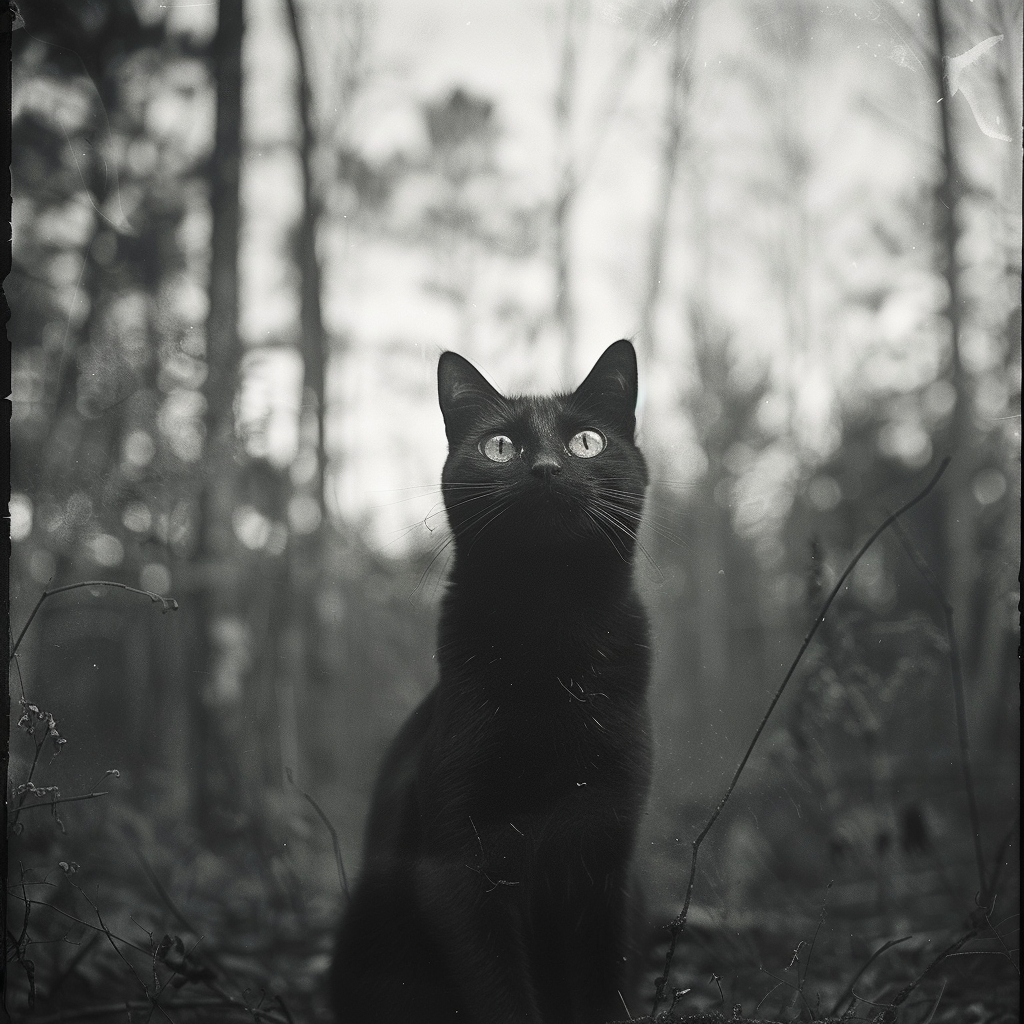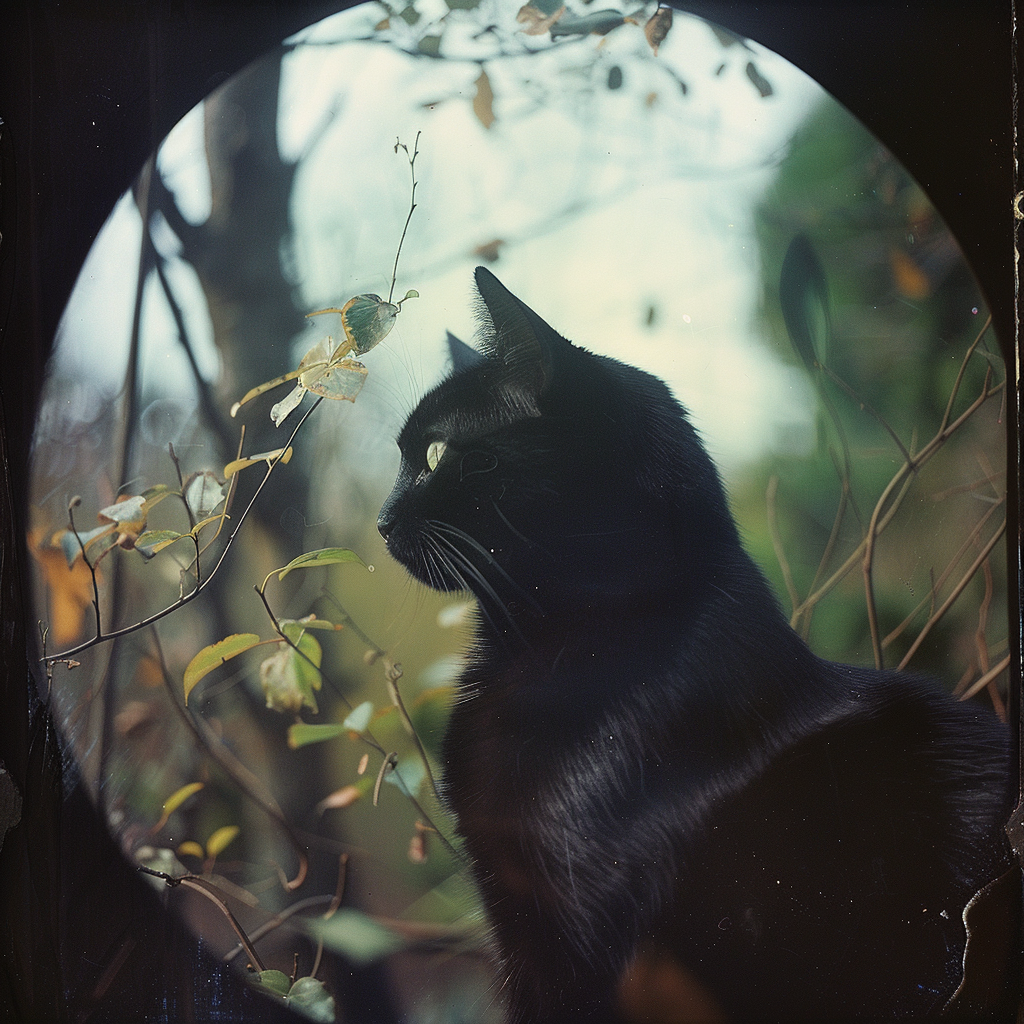
In the realm of superstitions and folklore, few symbols carry as much weight as the black cat. Often associated with Halloween and witches, these sleek felines have long been the subject of both fascination and fear. But why exactly are black cats considered harbingers of bad luck? The answer, as with many superstitions, lies in a blend of historical events, cultural beliefs, and even some psychological factors.
Ancient Associations
The association between black cats and bad luck has roots that stretch back thousands of years. In ancient Egypt, cats in general were revered and even worshiped as symbols of grace and protection. However, black cats specifically were linked to the goddess Bastet, who was depicted as a lioness or a woman with the head of a lioness. Bastet was a deity associated with home, fertility, and childbirth, but she also had a darker aspect as a protector of the home against evil spirits. Some believe that this association with protection might have contributed to the idea that black cats could ward off malevolent forces.
Medieval Europe: Witches’ Familiars
During the Middle Ages in Europe, superstitions surrounding black cats began to take a more sinister turn. Cats of all colors were often kept as pets to control rodent populations, but black cats in particular were believed to be witches’ familiars—supernatural entities that aided witches in their dark deeds. This belief stemmed from the widespread fear of witchcraft and the devil during this period. It was thought that witches could shapeshift into the form of a black cat, allowing them to move about unnoticed and carry out their nefarious activities under the cover of darkness.
Pagan Traditions and Christianity
The negative perception of black cats was further perpetuated by the rise of Christianity in Europe. Many pagan traditions and symbols, including reverence for nature and animals, were demonized by the Church as it sought to establish its authority. Black cats, once associated with pagan deities like Bastet, became linked to witchcraft and the occult, reinforcing their reputation as symbols of bad luck.
Modern Culture and Media

Despite advancements in science and rational thinking, the superstition surrounding black cats persists in modern times. Popular culture, including literature, film, and folklore, has played a significant role in perpetuating these beliefs. From Edgar Allan Poe’s eerie tales to the portrayal of witches’ familiars in movies like “Hocus Pocus,” black cats continue to be depicted as symbols of mystery and misfortune.
Psychological Factors
It’s worth noting that superstitions, including the fear of black cats, often have a psychological basis. Humans have a tendency to seek patterns and explanations for random events, even when none exist. This tendency, known as apophenia, can lead people to attribute significance to coincidences or to perceive causal relationships where none exist. In the case of black cats, their association with bad luck may simply be a product of our innate desire to find meaning in the world around us.
Dispelling the Myth
Despite their undeserved reputation, black cats are no more inherently unlucky than cats of any other color. In fact, in many cultures, black cats are considered symbols of good fortune and prosperity. For example, in Japanese folklore, a black cat crossing your path is believed to bring good luck. In Scottish lore, a strange black cat’s arrival at your home signifies prosperity.
In reality, black cats are just as loving, loyal, and deserving of our care as cats of any other color. By understanding the historical and cultural factors that have contributed to their reputation as symbols of bad luck, we can work to dispel this myth and give black cats the appreciation and respect they deserve. So the next time you encounter a black cat, instead of fearing it, perhaps offer it a gentle scratch behind the ears—and consider yourself fortunate to be in the presence of such a beautiful and majestic creature.





